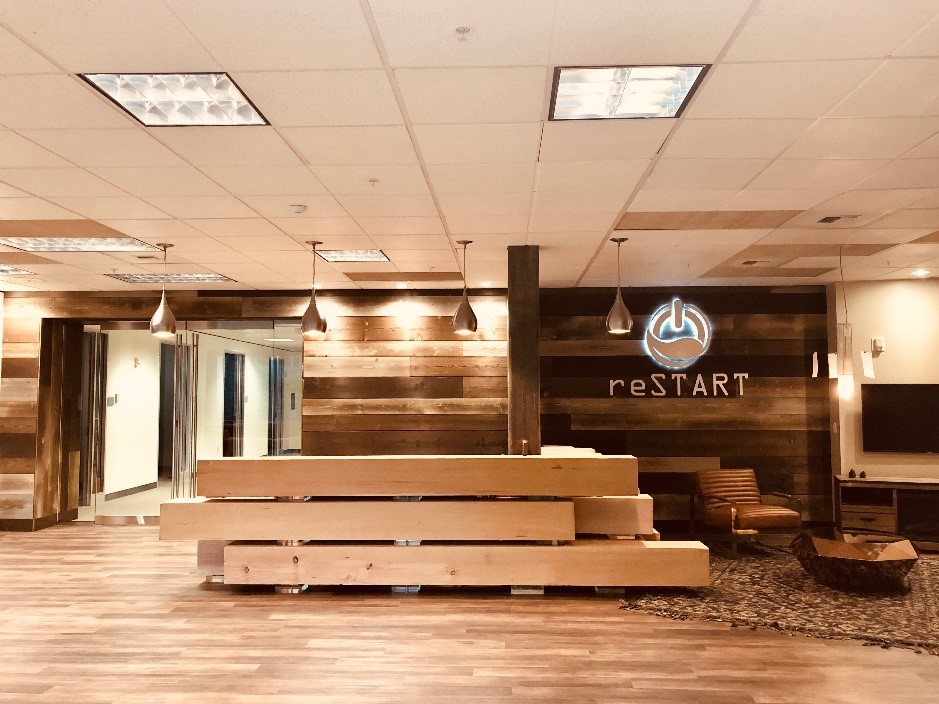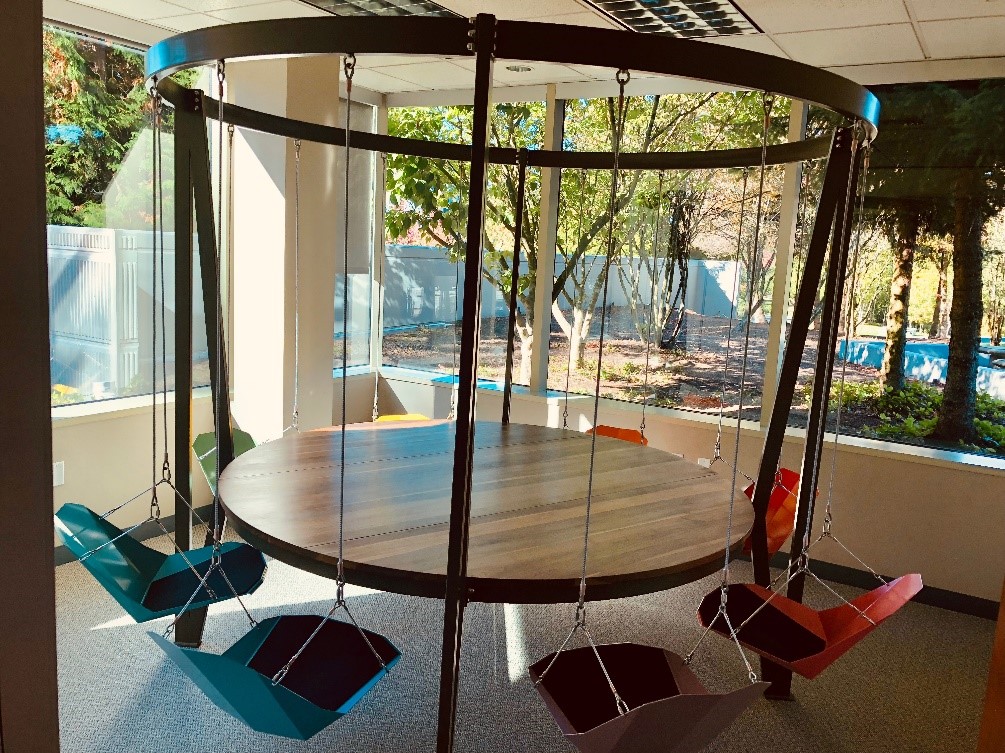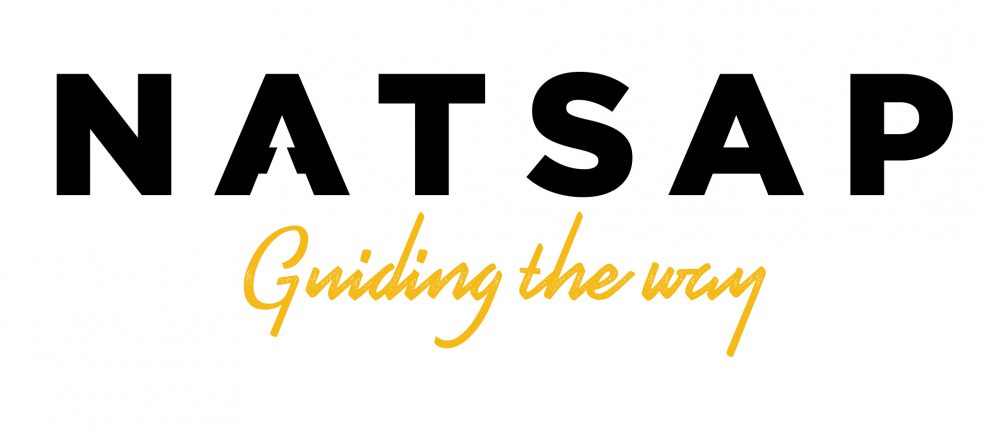At OPI we are committed to providing safe and affirming spaces for our LGBTQ+ young adults and their families. We recognize that best practices for a young adult who identifies as LGBTQ+ are going to differ from their straight/cisgender counterparts because of a number of factors and that our awareness of those needs should be constantly evolving. We also recognize that everyone’s experience is individual! Through diverse hiring practices, open and out staff members, LGBTQ+ process groups and social clubs, we are able to model for and provide holistic support to our participants identifying as part of the LGBTQ+ spectrum.
Part of our continued commitment to working with an LGBTQ+ population involves ongoing continued education at a variety of conferences and action summits available in L.A. and across the country. In the past year, many members of our staff have attended LGBTQ+ Affirmative Conferences, trainings, or events in Massachusetts, Utah, and California to enhance our clinical skills and expertise. In the past month, we sent representatives to two local events, the EDGY Conference (sponsored by Penny Lane) and ETA Summit (“Eat, Think, Act” luncheon coordinated by La Fuente). Some of our takeaways are as follows.
Alisa Foreman, Clinical Director at OPI, attended the ETA Summit and said, “We decided to be gold sponsors because we, at OPI, strongly support the LGBTQ+ community and pride ourselves on making OPI a ‘safe space.’ We have worked with many LGBTQ+ participants and are eager to continue to learn more about how to truly respect and support one’s journey towards their authentic identity.” Missy Martin, Director of Life Coaching, noticed that while we recognize a person’s internal journey, we must also be aware and versed in their societal context, the messages they have received about themselves from others, and how those messages shift and fluctuate based on time, geography, and other factors. As an out lesbian member of OPI’s staff, I truly believe in the intention and honesty present in Alisa’s and Missy’s words. I take pride in being part of an organization that backs up those words with action.
OPI, specifically, is in a unique place to actively support our LGBTQ+ participants for several reasons. For one thing, as we are situated in California, an informed consent model is utilized with regard to transgender individuals seeking medical treatment. La Fuente’s ETA Summit did a wonderful job familiarizing clinicians and lay people alike who might not know about this model. Historically, a mental health professional was responsible for providing clinical recommendation before a client could explore medical options. Under an informed consent model, the patient has agency over this and other pieces of their medical decision-making. Alisa Foreman said, “I was interested to learn about the ‘gate keeper’ vs. informed consent model and how that impacts an individual’s sense of control over their own lives, bodies, and identities. As an MTP, I do not want to be the ‘gate keeper’ for someone else’s true identity.”
ETA Summit also left me thinking about how I can better serve our LGBTQ+ participants by remaining knowledgeable in areas that might not apply to my own queer experience (remembering that I do not know everything) – for instance learning about and remaining familiar with dating apps that are also used to seek drugs. As members of the LGBTQ+ community are more prone to relational difficulty and addiction because of a variety of developmental and social factors, this is particularly relevant with our young adults. Even more specifically, our participants who identify as gay men are at risk to become part of a growing movement of “chemsex” or sexual encounters under the influence of drugs (particularly/often crystal methamphetamine) as a way to dampen internalized shame about their desires. Keeping my ear to the ground and being aware of the dating apps our participants are using, as well as being alert for certain acronyms (for instance PnP – Party And Play) can help me to counter harmful/toxic messaging, and keep our residences and offices safe, as our participants deserve them to be.
OPI also sent representatives to this year’s Edgy Conference – Penny Lane’s 10th annual gathering of panels and speakers intended for those who work closely with LGBTQ+ persons and their families. The theme this year was “Building A Brighter Future.” One of our primary takeaways was a growing awareness of similarities between young adults who identify as transgender or gender-expansive, and young adults on the autism spectrum. OPI Life Coach, Brittany Williams, summarizes, “I was intrigued by the workshop we took on the correlation between gender variance and the autism spectrum since we’ve had participants in the past who identified with this and had spectrum-like tendencies. It has caused me to be aware of possible patterns and tendencies that may have been overlooked because of their diagnoses.” We were also interested in the continued conversation of how clinicians can best support clients going through any coming out process (with a recognition of how that process shifts, changes, and recreates itself over the course of a person’s life).
Both EDGY and the ETA Summit left OPI participants renewed in their existent core understanding of each person’s identity as unique, non-fixed, and non-linear. “We will not act as gatekeepers. We will hold space for those who have been (and continue to be) othered. We will respect and listen to the experiences of our LGBTQ+ young adults. Some of us will be allies, some of us will be mentors, and some of us will be mirrors. All of us will be informed.”
Author: Britt Kusserow
Email: bkusserow@opiliving.com
Monthly Archives: December 2018
A Year of Growth and Excitement at reSTART
2018 has been a year of growth and excitement at ReSTART! There have been significant additions to our Young Adult program that help our struggling population grow and progress in even more substantial ways. At ReSTART, we continue to think outside the box and approach therapy from an experiential and relationship based mindset, making the process supportive, caring, and fun!
Rise Up Ranch
 For the past decade, reSTART has worked with emerging adults in early recovery. Rise-up Ranch allows clients an opportunity to slow the process down at a time when they need it most. The ranch offers a healthy meaningful place to ground, reflect, renew, and ready oneself for building a well thought out plan. Strong beginnings begin with healthy eating, proper sleep hygiene, social and emotional connection, fellowship meetings, and a thorough assessment. Once a strong foundation of health has been established, clients are ready to engage in intensive counseling, where they begin building a long term plan.
For the past decade, reSTART has worked with emerging adults in early recovery. Rise-up Ranch allows clients an opportunity to slow the process down at a time when they need it most. The ranch offers a healthy meaningful place to ground, reflect, renew, and ready oneself for building a well thought out plan. Strong beginnings begin with healthy eating, proper sleep hygiene, social and emotional connection, fellowship meetings, and a thorough assessment. Once a strong foundation of health has been established, clients are ready to engage in intensive counseling, where they begin building a long term plan.
Daily activities at Rise-up Ranch include caring for the animals on the ranch, which include horses, goats, chickens, kittens, and a sweet Australian Shepherd named Lasso. Days are spent focusing on the day to day responsibility of ranch living. Clients participate in weekly therapy sessions at our Bellevue Campus.
As readiness is shown, clients transition to the Heavensfield campus where they attend daily groups, participate in intensive therapy, and build their life balance plan. The majority of this work will be done during the day at our Bellevue Campus described below.
We are excited about the potential this new shared community will offer those seeking a healthier, more sustainable life.
Bellevue Campus
 reSTART is placing itself on the motherboard of silicon valley north in the Bellevue Technology Center just blocks from Microsoft’s headquarters. In searching for a place to call home, Bellevue Technology Center stood out as the natural leader. “Our values of offering a lifestyle experience aligned with the KBS’s philosophy of offering higher purpose buildings. Together we believe in offering a place where people come together in a place of gathering, not just a place to work,” according to Rae. Positioned on 46-park like acres in the middle of the city, “the new campus aligns with our corporate beliefs and values of community, connection, and nature. Of course, being surrounded by leaders in the tech industry will increase conversational opportunities about healthy sustainable digital use. We hope to partner with tech companies to come up with innovative ways to meet the needs of those we mutually serve.”
reSTART is placing itself on the motherboard of silicon valley north in the Bellevue Technology Center just blocks from Microsoft’s headquarters. In searching for a place to call home, Bellevue Technology Center stood out as the natural leader. “Our values of offering a lifestyle experience aligned with the KBS’s philosophy of offering higher purpose buildings. Together we believe in offering a place where people come together in a place of gathering, not just a place to work,” according to Rae. Positioned on 46-park like acres in the middle of the city, “the new campus aligns with our corporate beliefs and values of community, connection, and nature. Of course, being surrounded by leaders in the tech industry will increase conversational opportunities about healthy sustainable digital use. We hope to partner with tech companies to come up with innovative ways to meet the needs of those we mutually serve.”
 The new campus was designed with emerging adults in mind. Inspired by playfulness, reSTART hopes to revolutionize care by offering a space which fosters community connection, not just sessions. “We invited our clients to join us in planning the look and feel of the new space.” As you can imagine, think google versus counseling office space. The new center features a rec room with shuffleboard, ping pong, life size scrabble, and foosball. Counseling and coaching rooms are uniquely themed to inspire people to invite the outside inside metaphorically, and to ponder life’s endless possibilities. Using the hot seating concept, therapists and clients alike have a choice of where they’d like to meet. Options include a music and drama room, a hammock room, library, and even a nope room. Because some days, it’s just “nope.”
The new campus was designed with emerging adults in mind. Inspired by playfulness, reSTART hopes to revolutionize care by offering a space which fosters community connection, not just sessions. “We invited our clients to join us in planning the look and feel of the new space.” As you can imagine, think google versus counseling office space. The new center features a rec room with shuffleboard, ping pong, life size scrabble, and foosball. Counseling and coaching rooms are uniquely themed to inspire people to invite the outside inside metaphorically, and to ponder life’s endless possibilities. Using the hot seating concept, therapists and clients alike have a choice of where they’d like to meet. Options include a music and drama room, a hammock room, library, and even a nope room. Because some days, it’s just “nope.”
“We are excited to offer a space uniquely designed for people seeking a healthier relationship with digital technology. Swimming against the flow of digital advancement can be difficult. However, free-range digital use isn’t always the best choice for a healthy lifestyle.” Our new space hopes to bridge the gap in services for those seeking what matters most – life.”
7 Warning Signs of Teen Drug or Alcohol Use
The statistics on teen drug and alcohol use are staggering.
“Studies show that 15% of eighth graders have tried alcohol or other illegal substances, and 50% of high school students have reported trying some kind of drug,” says Dr. Azhar Yunus, medical director of Rogers’ Adolescent Recovery Program and child and adolescent outpatient services.
According to the Center on Addiction, 9 out of 10 people who go on to develop substance problems started using before they turned 18.
Since more and more kids are experimenting with alcohol and drugs at an early age, Dr. Yunus says recognizing the signs of substance use becomes critical.
7 warning signs that a teenager may be using drugs or alcohol
- Changes in personality or behavior such as more irritability, including aggressive or violent outbursts
- A decrease in grades at school
- A change in friends or withdrawing from friends and family
- Less interest in activities and lower motivation overall
- Physical symptoms such as bloodshot or dilated eyes, weight loss, poor hygiene, unexplained nosebleeds or shakiness
- Finding drugs or paraphernalia in a child’s room
- A family history of substance use
Dr. Yunus also explains, “It’s rare that someone will just have substance use and no other mental health issues. In fact, substance use is often a way a teen may self-medicate or alleviate the symptoms he or she may be experience due to a co-occurring mental health disorder such as anxiety, depression, or ADHD.”
Substance use and dual diagnosis treatment for teens at Rogers Behavioral Health
To be able to treat even more kids who are struggling with drug or alcohol addiction, Rogers Behavioral Health provides outpatient treatment for teens throughout the Milwaukee area as well as residential treatment through the recently expanded Adolescent Recovery Program in West Allis, WI. Led by Dr. Yunus and a multidisciplinary team of mental health professionals, adolescents ages 12 to 17 receive evidence-based treatment in a homelike, residential setting.
A new outpatient, dual diagnosis program for teens is also now available in Rogers’ Nashville location.
To learn how Rogers can help a teens struggling with addiction, request a free confidential screening at 800-767-4411 or request a screening online.

